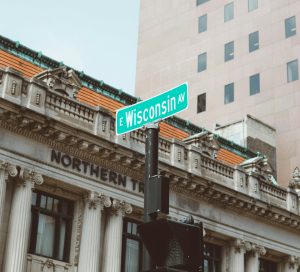Winston-Salem is a Southern city that celebrates innovation but doesn’t forsake its history in order to do so. Urban farmer Samantha “Foxx” Winship’s agricultural journey in Winston-Salem is an example of entrepreneurial spirit rooted in a reverence for ancestry.
The former hairstylist moved back to her native North Carolina from the Midwest several years ago and decided to try her hand at beekeeping. In an interview with Our State magazine, Winship, now a certified beekeeper, says she was the only Black person in her first beekeeping class where most of the students were older white men, some wearing Confederate flag T-shirts.
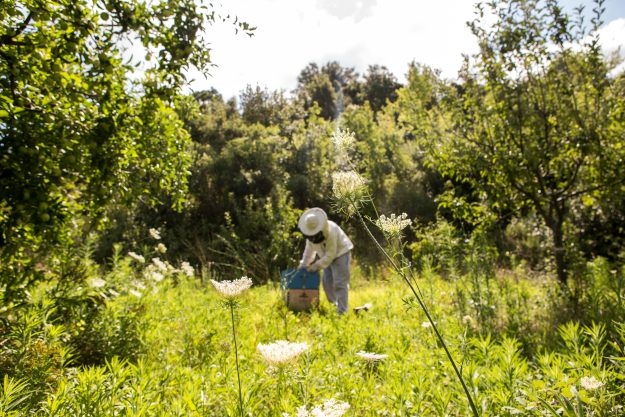
This month, we are looking at those that have shaped Black history in Winston-Salem, North Carolina. (Photo Credit: @beenaturalles)
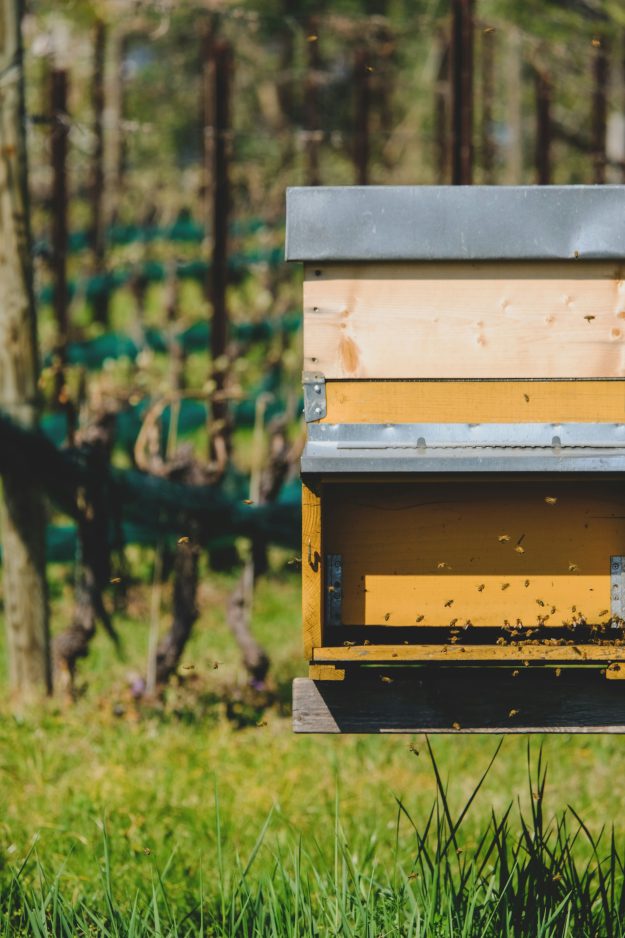
In North Carolina, natives are breaking into traditionally white-dominant industries. (Photo Credit: Greta Farnedi)
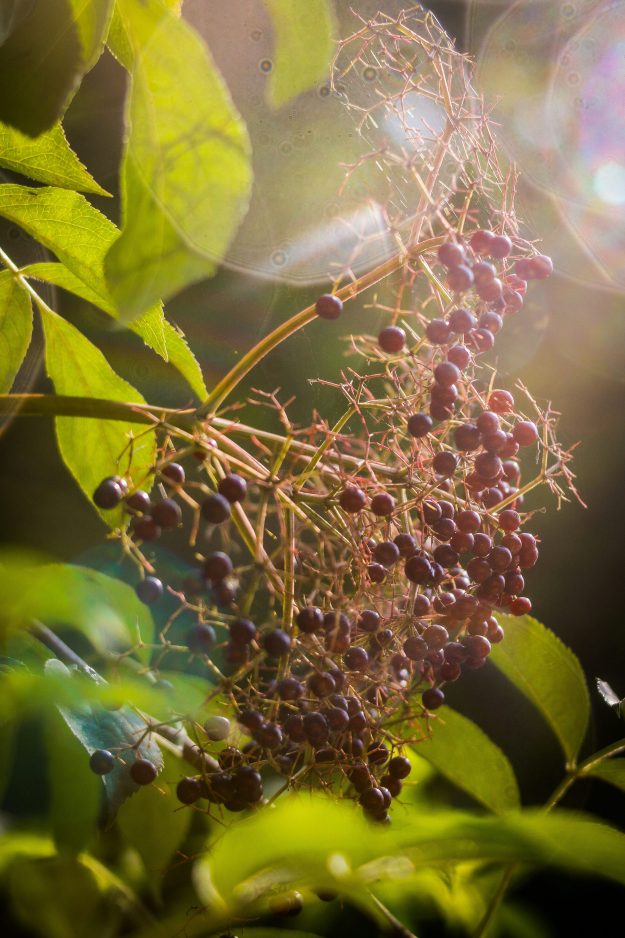
Urban farmer Samantha Winship is known locally for her elderberry syrup. (Photo Credit: Alla Kemelmakher)
“At first I was going to leave because I felt uncomfortable,” she said. “But I just got the strength from somewhere, and I started to realize that this place needed me here. I’m glad I was bold enough to stay.”
At her Mother’s Finest Family Urban Farms, a 2.5-acre farm in Winston-Salem, Winship advocates for food justice, teaches classes about the benefits of farming, and creates educational safe spaces for women and young people of color. One of the farm’s best selling products is its elderberry syrup, made with organic honey and organic elderberries.
Winship’s farm is a success story at a time where inequities in government farming programs and discriminatory lending practices still plague African American farmers. Of over 500 registered farms in Forsyth County, Winship’s farm is reportedly one of just five that are Black owned.

Because Black history matters.
Nationwide, the US Department of Agriculture estimates there are roughly 40,000 Black farmers in America, owning less than one percent of our nation’s farmland as compared to roughly 95 percent of farmland owned by their white counterparts.
“I am here to break the mold,” Winship told Farmer’s Footprint. “Where things are right now in the world, we honestly have nothing to lose by teaching people how to feed themselves, save seeds, plant seeds, and above all, be empathetic to the earth.”
Black History & Culture in Winston-Salem
On the historic grounds of Old Salem Museums & Gardens, visit the St. Philips Moravian Church. Built in 1861, the Church is the oldest standing African American church in North Carolina and one of the only historic Moravian African American congregations in the country. Key beliefs of the Moravian Church are that all people, regardless of race or gender, are spiritually equal to one another.
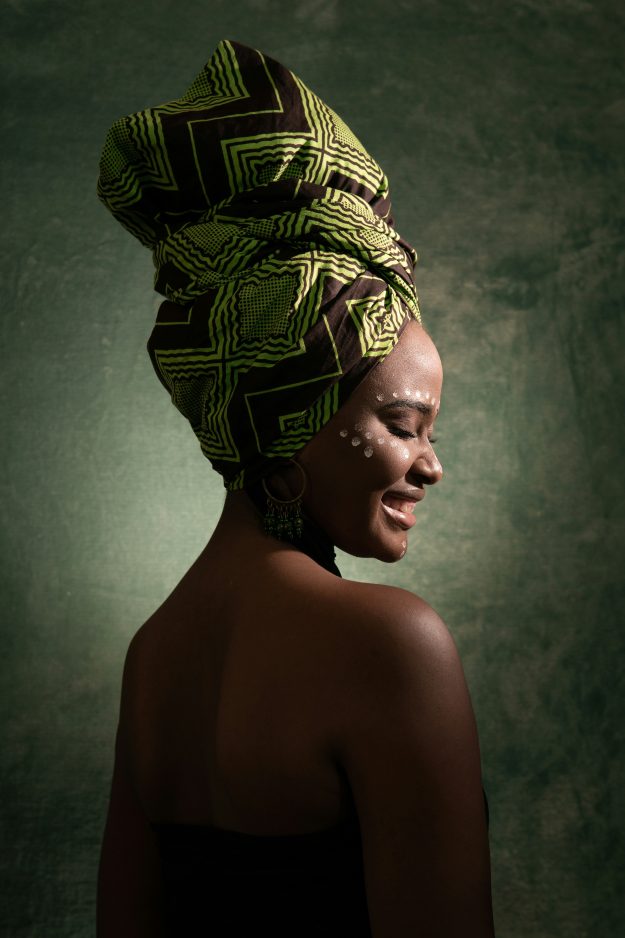
The Diggs Gallery honors the African Diaspora in North Carolina. (Photo Credit: Jackson David)
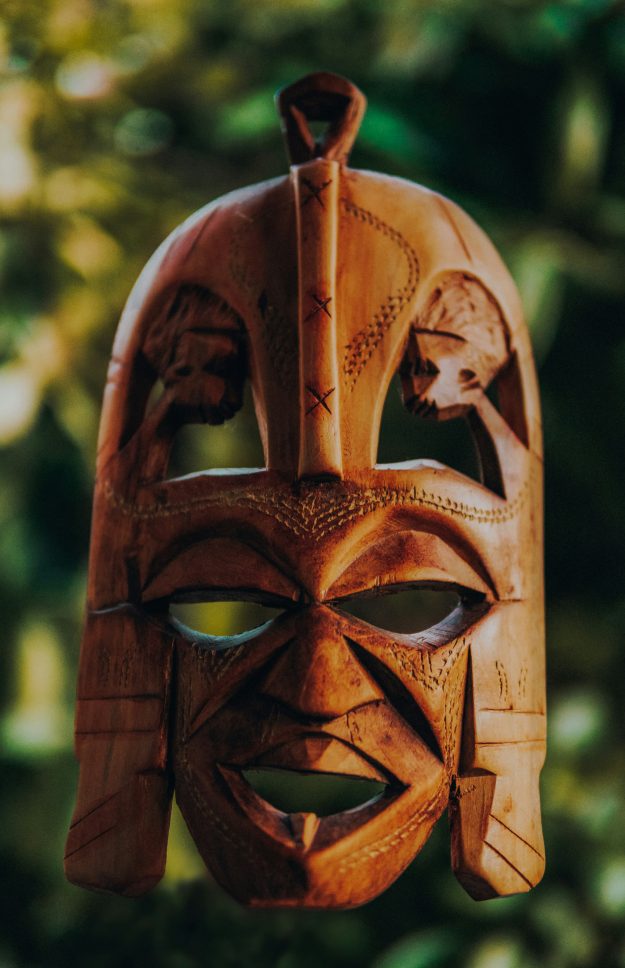
Exhibits feature both African art and local African American art. (Photo Credit: Matt Atherton)
At Winston-Salem State University, check out Diggs Gallery, which houses one of the largest exhibition spaces dedicated to the arts of Africa and the African Diaspora in North Carolina. Exhibitions and programs address a broad range of artistic expression, with special concentration on African American and regional art.
Take a virtual or in-person tour of Winston-Salem’s significant sites with the Triad Cultural Arts. The organization hosts several events throughout the year, highlighted by the annual Taste of the Triad festival held the weekend of Juneteenth.

If visiting in June, make sure to attend the local Juneteenth festival put on by Triad Cultural Arts. (Photo Credit: Obafemi Moyosade)
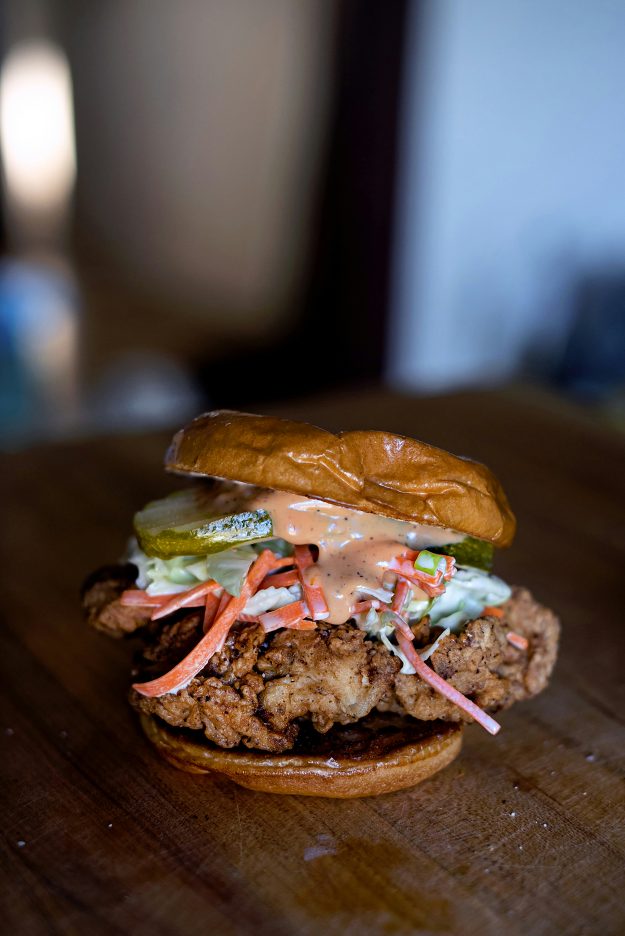
At the festival, local food vendors will not disappoint. (Photo Credit: Jennifer Burk)
Located in East Winston-Salem in the heart of the local African-American community, the Delta Arts Center is a gallery and cultural center that spotlights African Americans in the arts. Exhibitions are free and open to the public.
3 Black-Owned Businesses to Support Now
Sweet Potatoes lives up to its name. The Southern cuisine at this award-winning restaurant owned by Vivian Joyner and James Beard-nominated chef Stephanie Tyson has an inventive twist — try the collard green dip with bacon crumbles and melted blue cheese served with crostini and the fried green tomato and okra basket.
The family-run Forsyth Seafood opened in 1984 and has since become a thriving fresh seafood market and 100-seat restaurant. House specialties include dinner combos with a choice of whiting, shrimp, and clamstrips, served with hush puppies and two sides.
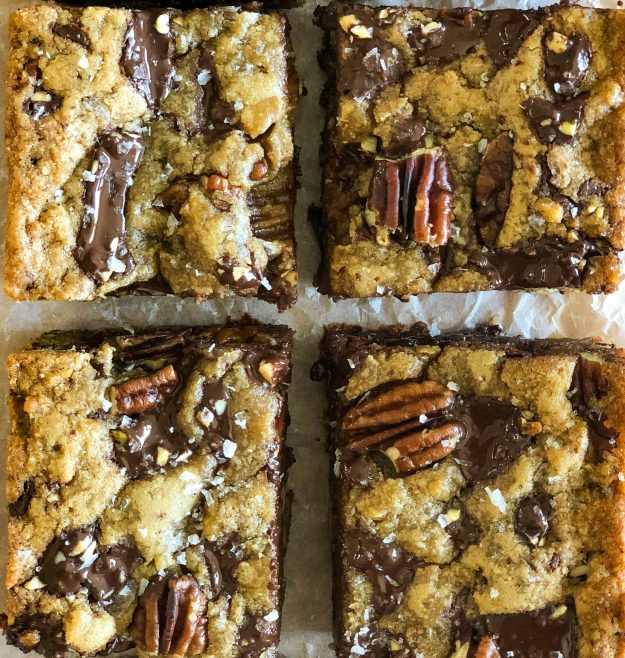
Swing by The Sweet Truth for the best sweet treats in town. (Photo Credit: Andy Hay)
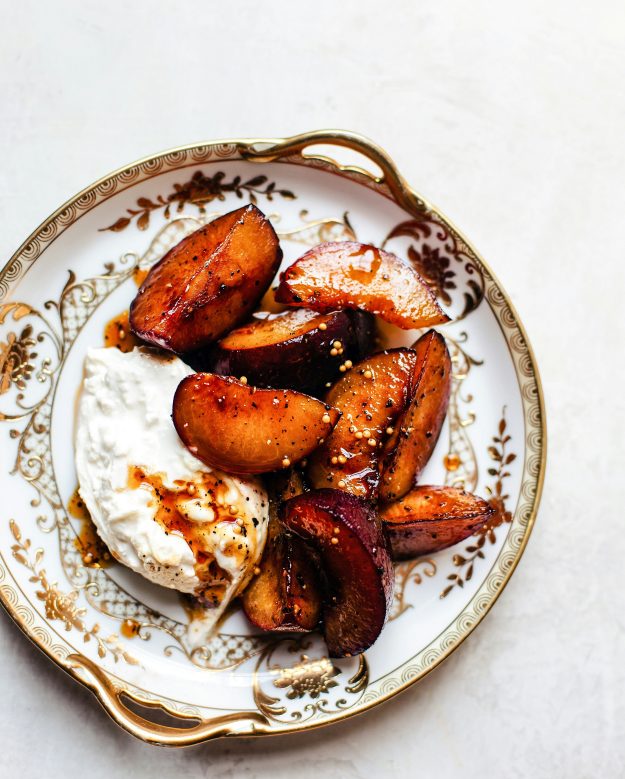
Fresh Southern food abounds in Winston-Salem. (Photo Credit: Dale Gray)
Locals can’t lie about The Sweet Truth Bakery & Catering, which gets top ratings on Yelp. Pop by to pick up cakes, pies, cookies, and other sweet treats like Grandma used to make. Did someone say Southern caramel cake and peanut butter pie? Yum.
Check out the rest of our Black History & Culture blog series by following the tag below.

